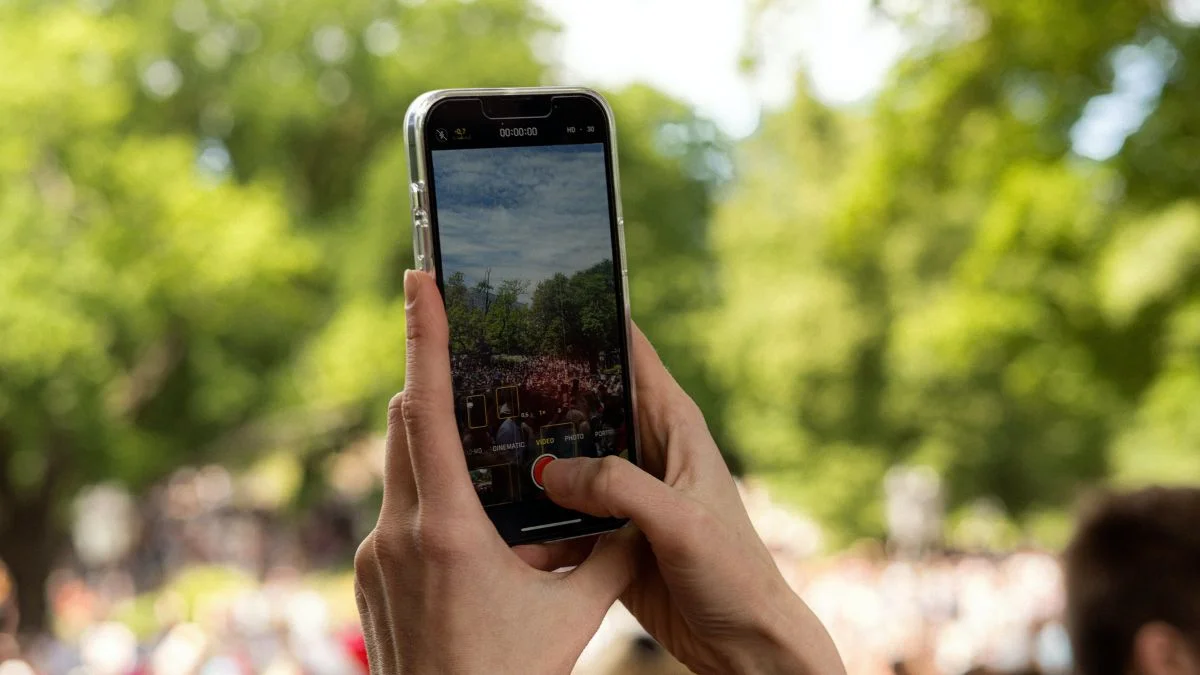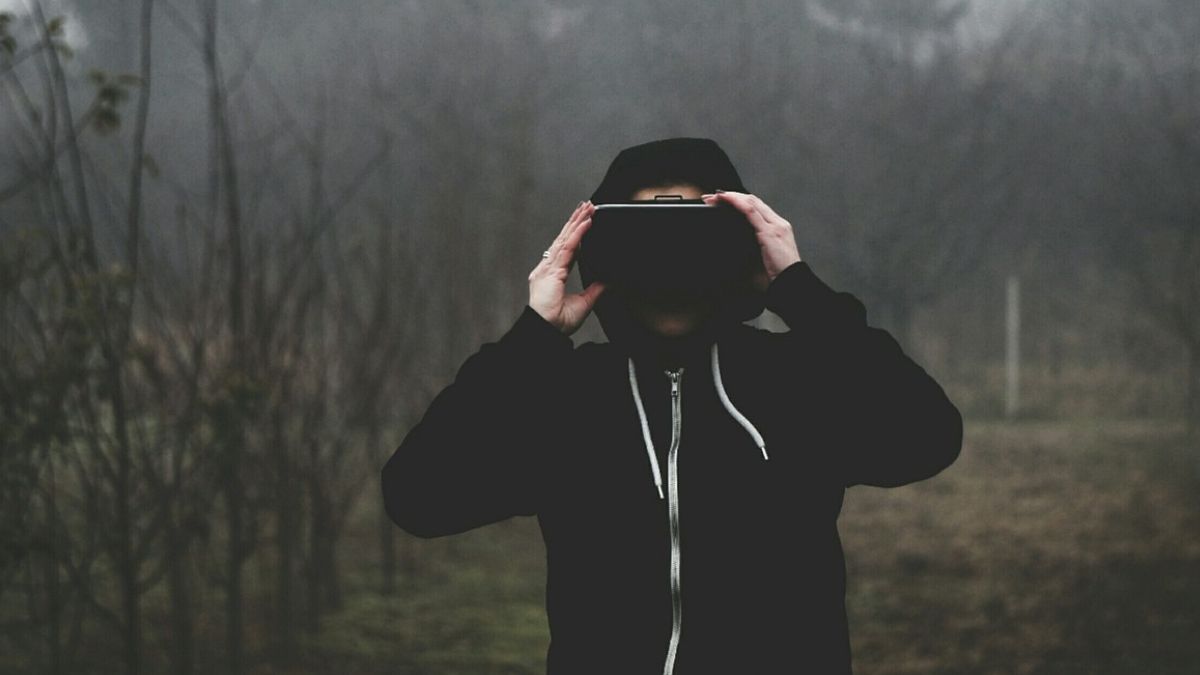"Internet is an immense opportunity for the repopulation of the empty Spain" - The Province

–Google Spain presents technology in Zamora as an opportunity against depopulation, can you explain it?
–Internet has broken geographical barriers, allowing us to communicate, inform and entertain with people or content that are anywhere in the world, and that includes the rural environment. Today it is easier than ever to educate, promote, work or sell at a distance, and you only need to have connection and training: it is an immense opportunity for the repopulation of emptied Spain, with which we are contributing from Google.
- He says that only connection and training is needed, is that what we lack?
-Spain has more fiber optic than France, Germany, Italy and the United Kingdom together, and a large mobile coverage, but it is also necessary to have the necessary training - without the need to be an engineer - to take advantage of the opportunities offered by technology. For that, in Google we developed the Google Activate program with the Government of Spain and public universities of all the autonomous communities, with which we have trained half a million Spaniards in the digital skills that generate more employment. They are short courses, free and online, can be done at any rate and from anywhere, and 45,000 people have already told us that they have obtained a job thanks to doing one of these courses.
- In addition to employment, one reason why people migrate from towns to cities, even on vacations, is the offer of public services and the possibilities of leisure and entertainment. Does technology also have something to contribute?
-Definitely. Technology is an opportunity of efficiency and scope for all services, also public. For example, health care by telephone or videoconference with a simple application on the mobile phone is something that many private insurances use and it is a matter of time that they reach Social Security, saving on travel - with its economic and ecological impact - and in queues . The cultural field is clearer: how many Houses of Culture and millionaire public investment libraries in each region to give access to the press, literature, music, cinema, which can now be enjoyed directly in each home. Culture has been democratized even more because there are 1,300 villages with less than 100 inhabitants that do not have such public infrastructure, and also generating wealth for the creators! In 2019 the sale of music in Spain achieved the best data of the century, where digital consumption such as YouTube already contributes 3 out of every 4 euros entered by the music industry in our country. And the Ministry of Culture itself confirmed that the rise of platforms contributes to the fall in piracy, which has fallen by 90% in four years, both in music and in cinema.
- There is also talk that technology is a world in which women are missing at all levels, from the same university, is it something you have seen on Google?
- In Google we wanted to contribute to reduce this gap between men and women in the technological field and with a special effort in that emptied Spain. For this, we launched Digitized three years ago, which offers face-to-face training to women in the rural area together with the Cibervoluntarios Foundation and the Women Foundation, to facilitate and enhance their participation, employability and entrepreneurship by offering basic digital skills and use of technological tools. Digitization is also an empowerment opportunity for women, from the young woman who can offer her digital marketing services without having to move from her village, to the owner of a rural house that puts her business on the map for foreign clients, to A grandmother who can communicate with her grandchildren distributed throughout the world without leaving the house where she wants to live.
- It is true that technology breaks a geographical gap for the rural world, but does it open an economic one, between those who have access and those who don't?
- There have always been economic barriers but technology also reduces them only by having access to the Internet, and the latest study published in Retina states that 92% of Spaniards consult the Internet on a daily basis: there is no such universal public service in our country. Google Activate is an example of how the economic barrier in access to education and skilled employment is reduced. Another example is YouTube in accessing audiovisual content as consumers but also, for the first time in history, as cultural creators open to the world, with no more limit than the imagination itself.











